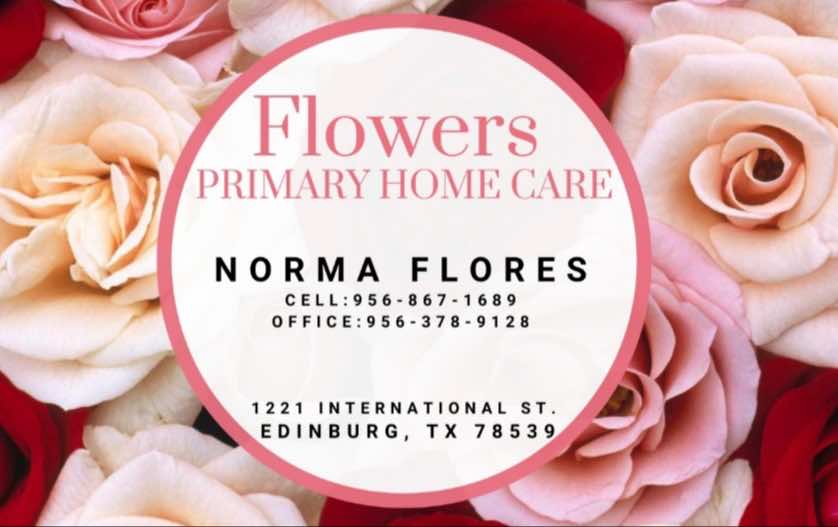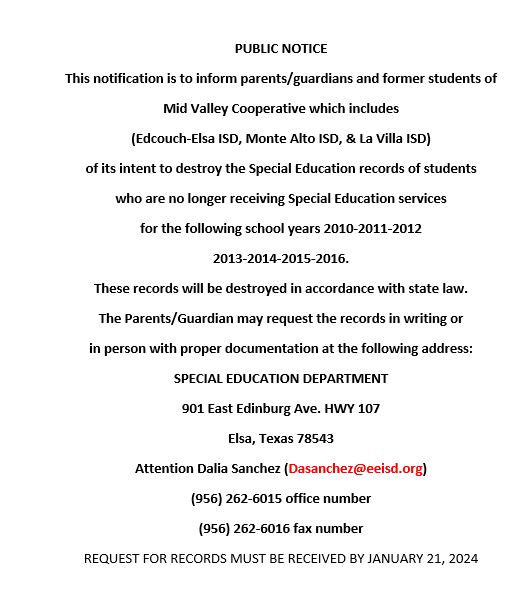Health care professionals helping fight “modern slavery” of human trafficking

Health care professionals are helping fight human trafficking – also known as “modern slavery” – under recently-created Texas laws supported by the Rio Grande Valley state legislative delegation, reports DHR Health. Human trafficking involves the use of force, fraud, or coercion to obtain some type of labor or commercial sex act, according to the U.S. Department of Homeland Security. Every year, millions of men, women, and children are trafficked worldwide – including in Texas and the United States.
House Bill 2059, authored by Rep. César Blanco, D-El Paso, was passed during the 2019 legislative session, and became effective on Sunday, September 1, 2019. “I filed this bill, and I’m glad we got it passed because heath care providers are in a unique position to identify victims of human trafficking. House Bill 2059 is the first step in ensuring that health care professionals are knowledgeable of the signs that a patient is being trafficked and are adequately prepared to report such cases to help in our fight against human trafficking in Texas,” Blanco wrote in an email on Wednesday, September 9, 2020, to Reform Austin (RA) News. The author is the legislator who files a bill and guides it through the legislative process (also called the primary author). “With more trained eyes and ears, it is my hope we can save victims from their exploitation and make our communities safer,” Blanco’s email continued.
Anchored in southwest Edinburg, with a growing presence in neighboring McAllen, DHR Health offers some of the most comprehensive medical care on the U.S. southern border, with more than 1,400 nurses and 600+ physicians providing care in 70+ specialties and sub-specialties. DHR Health is the flagship teaching hospital for the UTRGV School of Medicine and encompasses a general acute hospital with the only dedicated women’s hospital south of San Antonio, a rehabilitation hospital, a behavioral hospital, more than 70 clinics Valley-wide, advanced cancer services, the only transplant program in the Rio Grande Valley – and the only functioning 24/7 Level 1 Trauma Center south of San Antonio. DHR Health is headquartered on a 130-acre site, with most of the facilities in southwest Edinburg but with a growing South Campus immediately across Owassa Road in northwest McAllen.
Human trafficking can happen in any community and victims can be any age, race, gender, or nationality. Traffickers might use violence, manipulation, or false promises of well-paying jobs or romantic relationships to lure victims into trafficking situations, according to the U.S. Department of Homeland Security.
Supporters said the state law created by House Bill 2059 said:
• HB 2059 was approved to help Texas combat human trafficking by ensuring that health care providers are trained to identify and assist victims. Studies have found that there are an estimated 313,000 human trafficking victims in Texas and that an estimated 88 percent of trafficking victims surveyed report having come into contact with a health care provider while they were being trafficked; and
• By training physicians, nurses, and other licensed health care practitioners to spot the warning signs as part of their professional education requirements, they shall effectively assist victims in receiving care and escaping their traffickers. Without this training, practitioners may fail to recognize a human trafficking victim. By tying license and registration permit renewal to the completion of a human trafficking training course, the knowledge would ensure that health care practitioners could recognize human trafficking and assist victims.
The state law created by House Bill 2059 required health care practitioners, other than physicians and nurses, to complete a training course on identifying and assisting victims of human trafficking. Completing the course was a condition for the renewal of these health care practitioners’ licenses, and the course had to be approved by the executive commissioner of the Health and Human Services Commission (HHSC).Health care practitioners were not required to complete the required training course before September 1, 2020.
Physicians
The state law created by House Bill 2059 required physicians who submit an application for renewal of a registration permit and who designate a direct patient care practice to complete the human trafficking prevention course approved by the HHSC’s executive commissioner. Completion of this course fell under the hours of continuing medical education required of license-holders. The Texas Medical Board was required to adopt rules to implement this requirement and designate the required course as a medical ethics or professional responsibility course for the purposes of complying with continuing medical education requirements.
Nurses
As part of a continuing competency program, a nursing license holder who provides direct patient care is required to complete the human trafficking prevention course. The Texas Board of Nursing was required adopt rules to implement this requirement. The executive commissioner of Health and Human Services Commission must approve training courses on human trafficking prevention, including at least one free course, and post a list of the approved courses on its website. The executive commissioner will update this list as necessary and consider for approval training courses conducted by health care facilities. As soon as practicable after September 1, 2019, courses had to be approved and posted and the rules necessary to implement the training requirements for health care practitioners adopted.
Provisions of the law created by House Bill 2059 relating to continuing education programs for physicians and other license-holders would apply only to the renewal of a registration permit to practice medicine or nursing on or after September 1, 2020.
“Health care providers have a unique opportunity to become the first point of contact in identifying and connecting Texans who have been trafficked,” its website explains. “It is important to understand the dynamics of human trafficking, know what questions to ask when you suspect someone may be a victim and to have appropriate resources about available services to offer victims. It is vital for health care providers to take a thoughtful, approach to engaging patients. Creating a safe environment will help you identify trafficking indicators and help your patient.”










